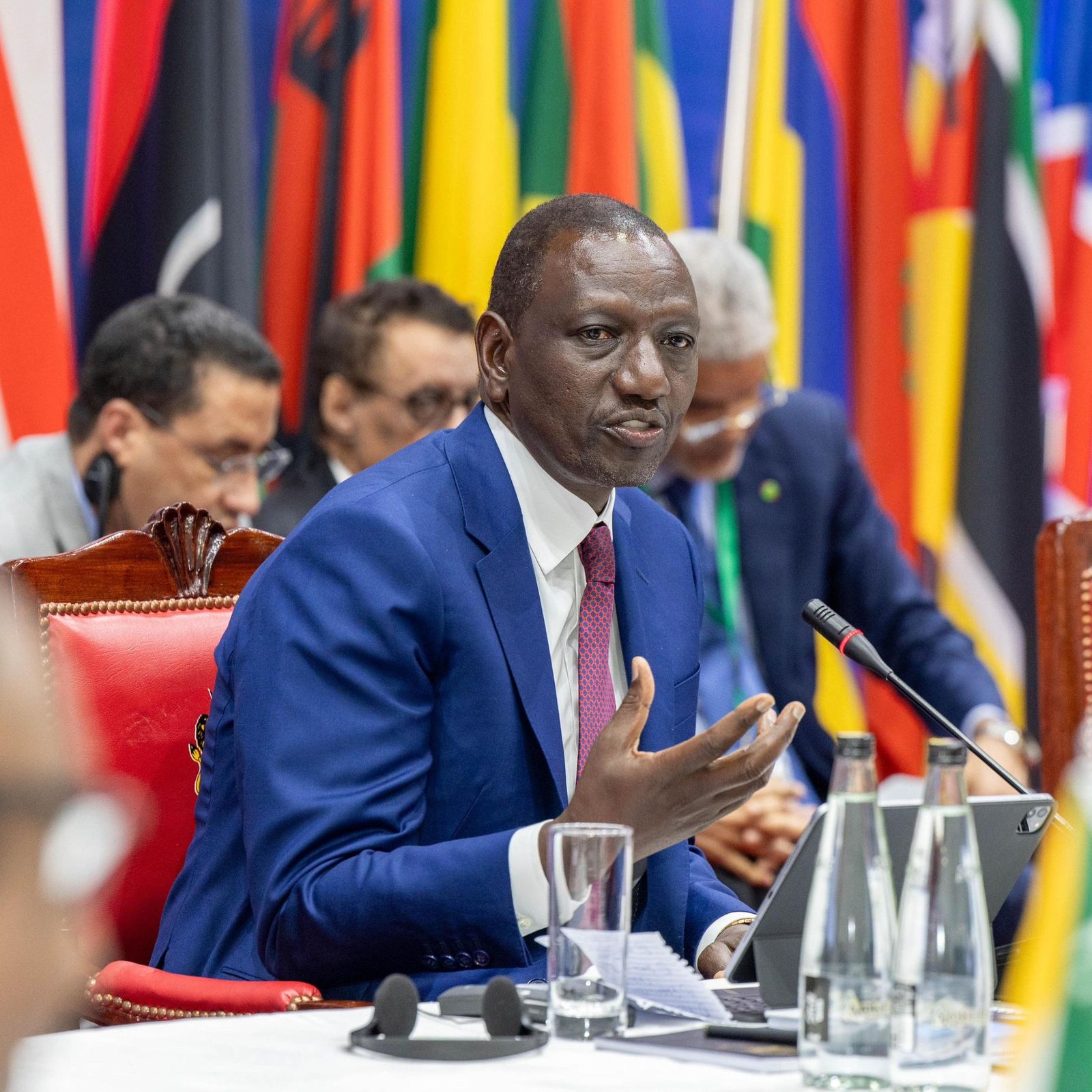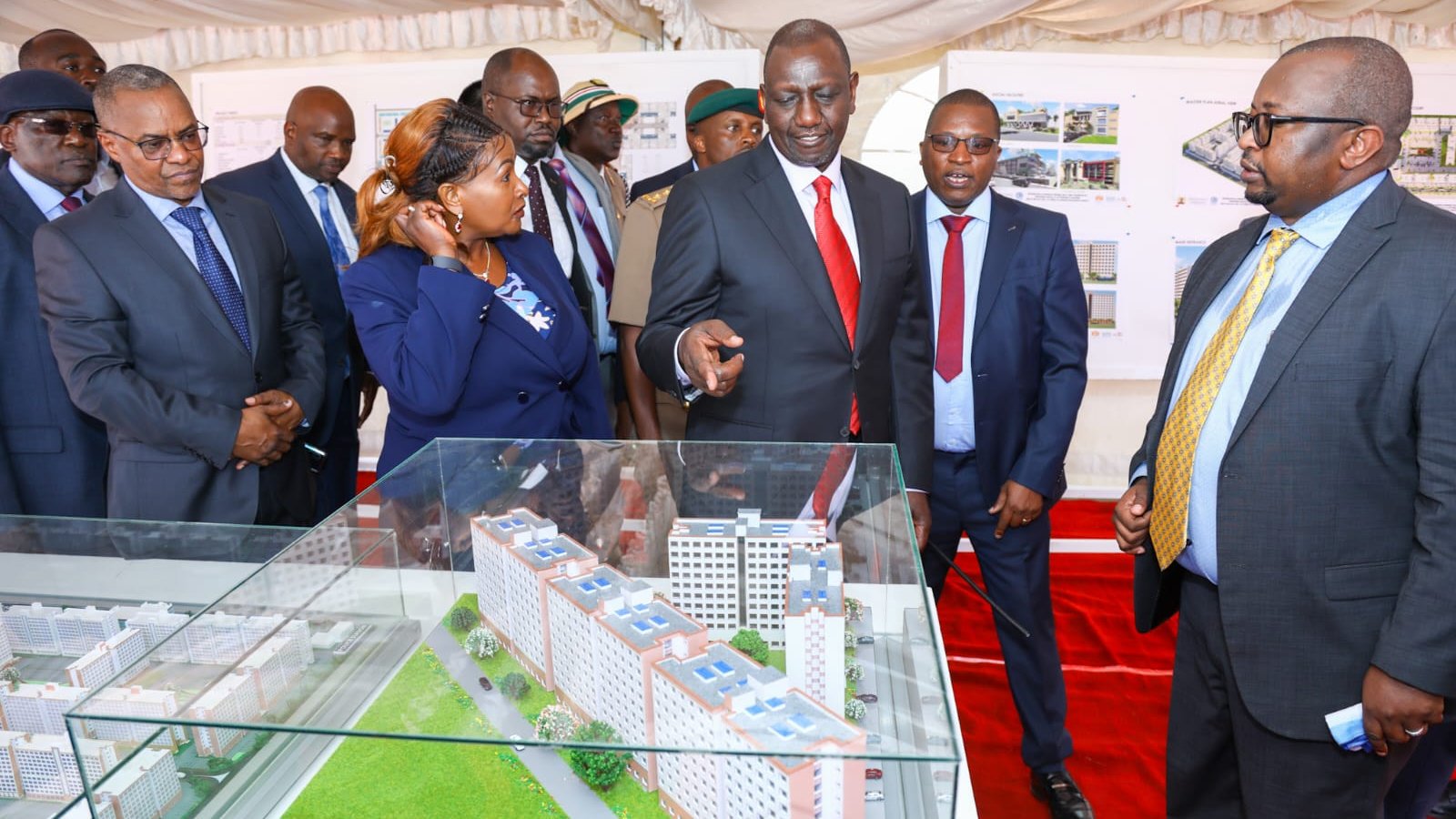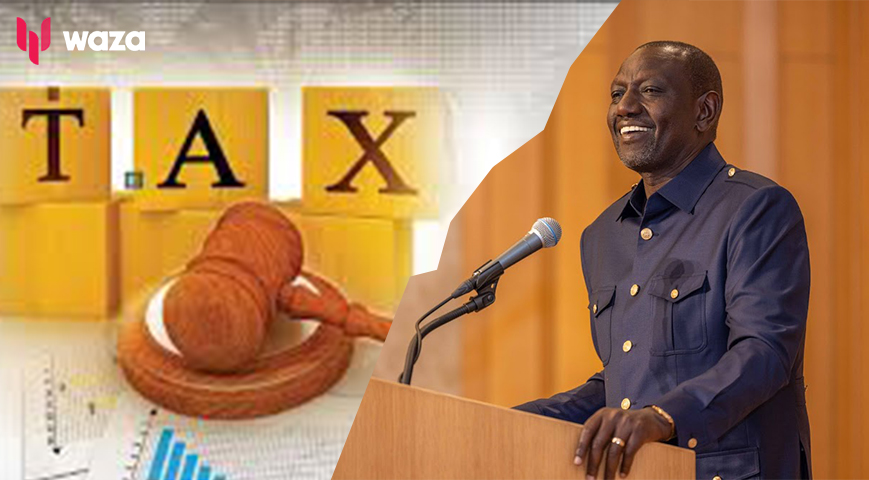President William Ruto has defended the government's proposal to tax Kenyans more, saying it is part of a larger plan to increase revenue and lessen the nation's dependency on borrowing.
By the end of this year, the Head of State plans to increase the average tax rate in the nation from 14 percent to 16 percent to 20 to 22 percent by the end of his term in office.
Ruto feels that the long-term advantages will outweigh the higher taxes, despite his recognition of the financial cost Kenyans will have to incur to meet this goal.
"My drive is to push Kenya, possibly this year we will be at 16% from 14%. I want in my term, God willing, to leave it at between 20 and 22 %. It's going to be difficult, I have a lot of explaining to do, people will complain but I know finally they will appreciate that the money we go to borrow from the World Bank is savings from other countries," said Ruto.
Did you read this?

He discussed Africa's trade and investment potential with students from Harvard Business School's Class of 2025 at a meeting held on Tuesday at State House in Nairobi.
To ensure that "we live within our means," President Ruto pointed out that efforts are being made to increase tax revenue.
"When I came into office I told everybody to tighten up your belts... I am not going to preside over a bankrupt country... I'm not going to preside over a country in debt distress. We have to cut our spending. And there is no free lunch," he said, dismissing the perception that Kenya has higher taxes than the region.
"…Kenyans have been socialised to believe that they pay the highest taxes but empirical data shows that as of last year, our tax as a percentage of our revenues was 14 %. Our peers in the continent are on an average of between 22 and 25 per cent which means our taxes are way below those of our peers," said President Ruto.
"And I'm not comparing ourselves with OECD countries," he continued. Some nations have higher rates than France, which is at 45%. Therefore, I convinced and argued to the Kenyan people that we need to start increasing our revenue because raising taxes is a necessary part of being a severe state.

President Ruto made remarks amid a proposal to drastically alter the value-added tax (VAT) system in the nation, which would force his administration to pillage the coffers of millions of Kenyans through the price of various goods.
The government's plan to fund the 2024–2025 budget includes raising the price of bread and imposing a mandatory tax on all motor vehicle owners in the nation.
After removing bread from the tax exemption, the Treasury has proposed imposing VAT on it, at a proposed rate of 16 percent.
A number of financial services, such as the issuance of credit and debit cards, telegraphic money transfer services, and the handling, processing, clearing, and settlement of checks, including special clearance or cancellation of checks, are among the services for which the Finance Bill 2024 proposes to remove VAT exemptions.









